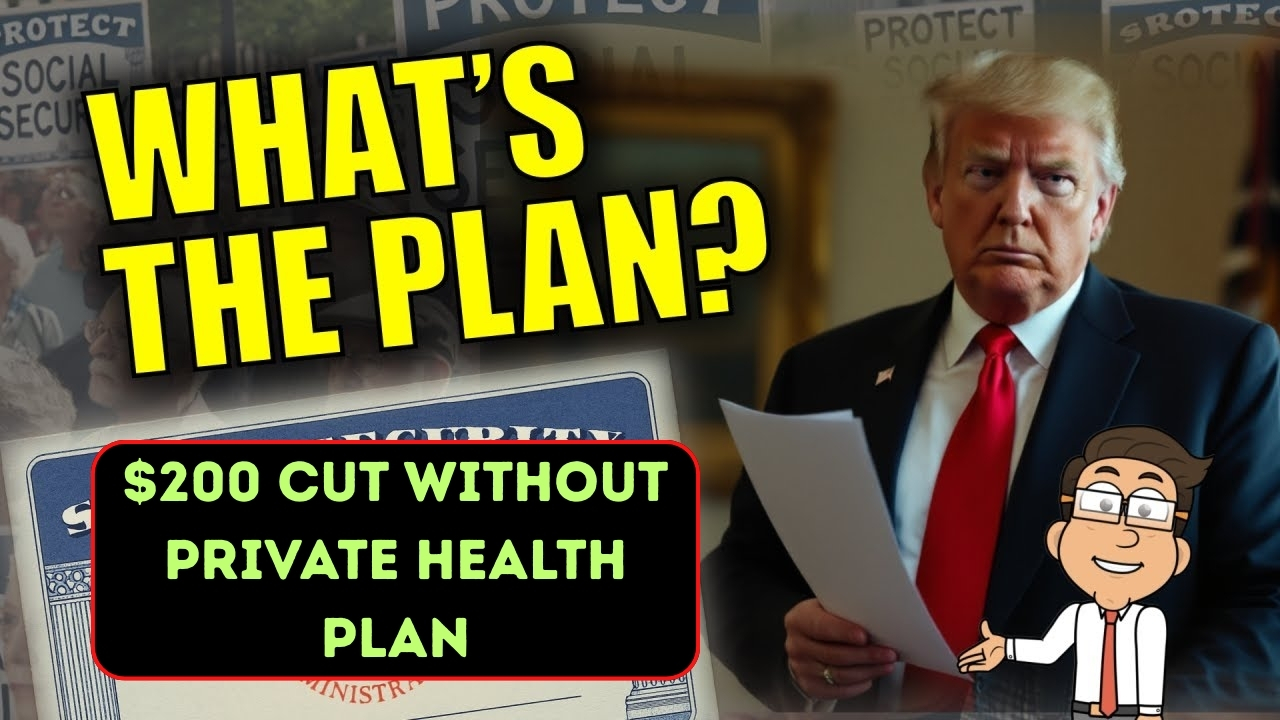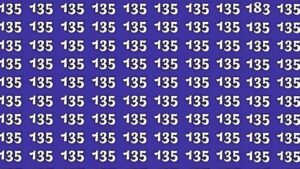Potentially, millions of American citizens that rely on Social Security could have their monthly benefits decreased if said citizens do not have an approved private plan. As policy changes repeatedly confirmed by government officials, some beneficiaries will pay a $200 fee that will be deducted from their payments if they do not meet necessary health coverage requirements.
Social Security Advantages
A modification is still linked to the Social Security Advanced Premium Tax Credit rules, however, new directions delineate how beneficiaries are covered by private-placed coverage beyond traditional Medicare. Medicare beneficiaries that do not have supplemental or private health plans will have their social benefit payments reduced to a minimum balance and the remaining costs will be covered by the public system.
Consequences for Elderly and Other Socially Vulnerable
Preliminary studies indicate that the most economically active, such as employed retirees and the economically disadvantaged, will suffer the most. For a significant portion of the population, a $200 cut could pay for groceries, utility expenses, and important prescribed pharmaceuticals. Advocacy organizations argue that not only is the intention behind the policy to enable seniors to gain financial independence, it is punitive in nature, as seniors are the most likely demographic to be unable to purchase private insurance.
Social Security Supporters
Government representatives argue that the policy intention behind the modification is to make certain that Social Security benefits are used only for the financing of aligned health obligations. The system alleviates public burdens by maintaining beneficiaries enrolled in private health or supplemental insurance. Before the changes go into effect, officials advised recipients to examine their current coverage to avoid unnecessary losses.
Criticism From Advocacy Groups
Although federally guaranteed, the policy’s advocates to seniors suggest it is a problem for those already living hand to mouth. Some advocates have proposed a grace period or exemption for individuals earning below certain thresholds. “Cutting $200 from the figure of someone already at the poverty line, is only going to make life more miserable for them,” is what an advocacy spokesperson reportedly said.
What Beneficiaries Should Do
Social Security experts recommend all recipients quickly determine their insurance status relative to the new exclusions. Those who are in doubt about their status are best advised to communicate with the Social Security Administration, or more willingly, with Medicare counselors. Those who can lower their subsidized health plan to the private plan deductible stand a better chance of avoiding the $200 deduction.
$200 Cut Without Private Health Plan
The policy change is part of a more comprehensive reassessment of the alignment between Social Security and health care funding. While defenders believe it will strengthen the system’s balance for the long term, detractors say it might leave, with no support, tens of thousands of the aged. Debates in Congress and advocacy campaigns in the coming months may decide whether the deductions remain as proposed or receive changes to address the needs of vulnerable populations.



